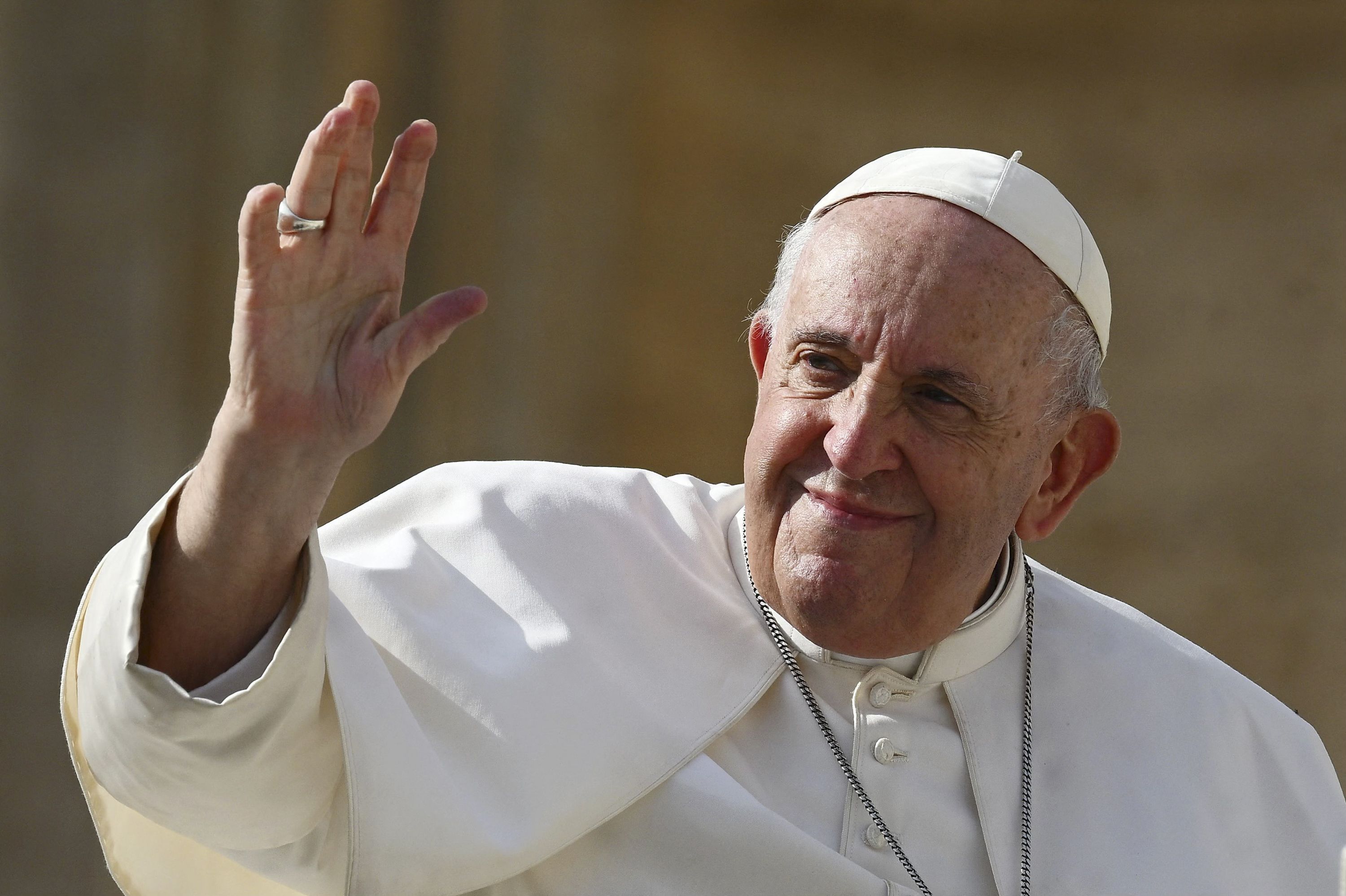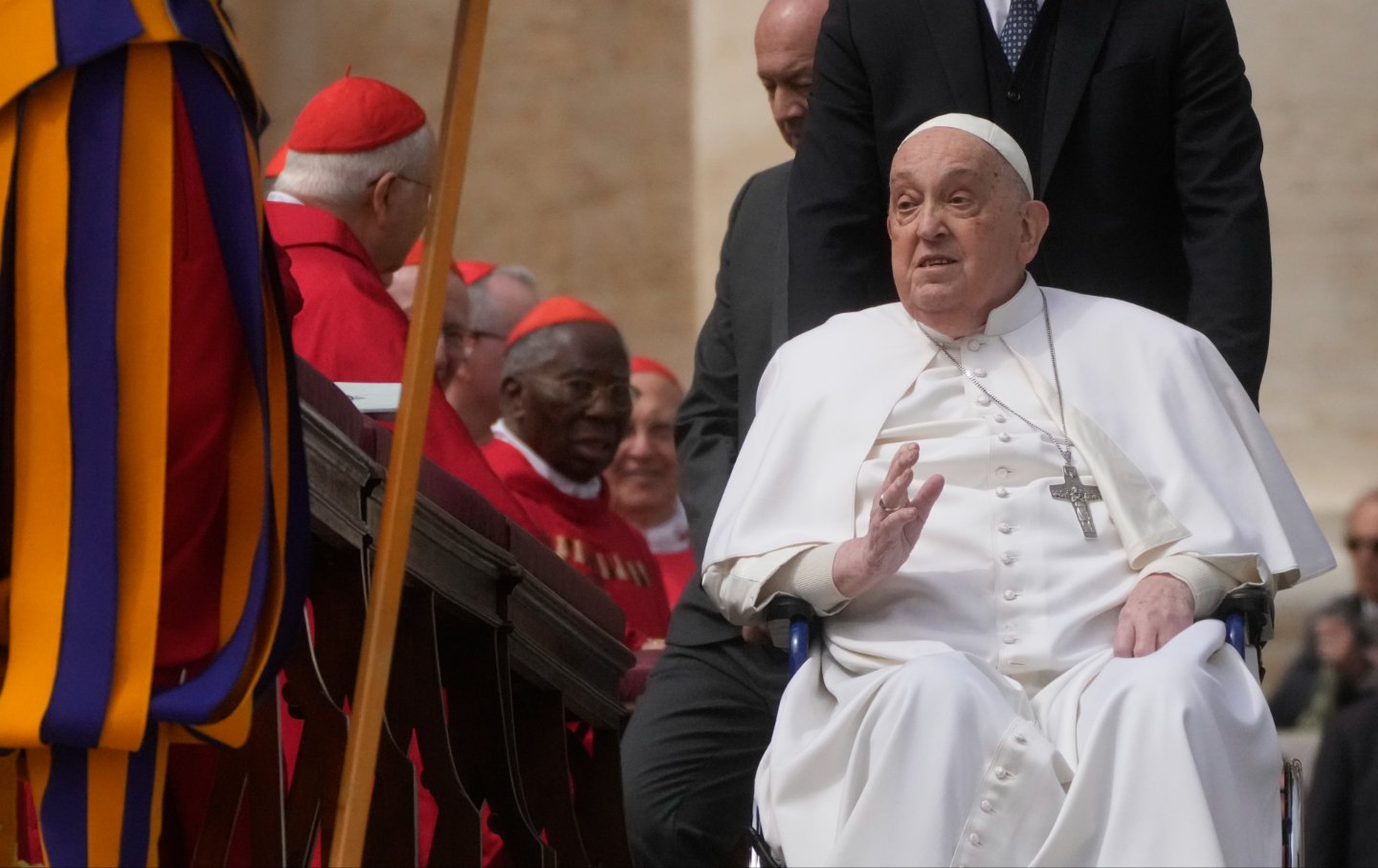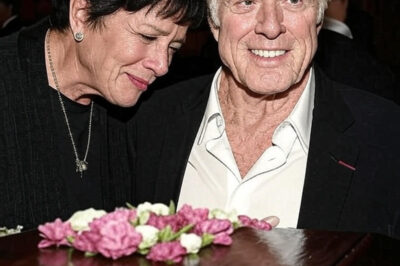
Introduction
Pope Francis, born Jorge Mario Bergoglio on December 17, 1936, in Buenos Aires, Argentina, has left an indelible mark on the Catholic Church and the world.
As the first pope from the Americas and the Southern Hemisphere, his papacy began in March 2013, ushering in a new era characterized by humility, compassion, and a commitment to social justice.
His teachings emphasized mercy over judgment, inclusivity over exclusion, and peace over conflict.
Following his recent passing at the age of 88, the world reflects on his profound impact, which transcended religious boundaries and touched countless lives.
Throughout his papacy, Pope Francis advocated for the poor and marginalized, often speaking out against war, violence, and hatred.
His messages resonated deeply during times of global unrest, as he called for peace and reconciliation.
In his final addresses, he reiterated the importance of prayer and compassion, urging leaders to prioritize the needs of the vulnerable.
This article explores the key aspects of his life, teachings, challenges, and the legacy he leaves behind.

Early Life and Rise to Papacy
Jorge Mario Bergoglio grew up in a modest family; his father was an Italian immigrant railway worker, and his mother was a homemaker.
His early experiences instilled in him a strong sense of faith and community.
After completing his education, he joined the Society of Jesus (Jesuits) in 1958, where he developed a deep commitment to social justice and education.
Bergoglio was ordained a priest in 1969 and quickly rose through the ranks of the Church.
He served in various roles, including as a teacher and spiritual director, emphasizing the importance of pastoral care.
In 1998, he became the Archbishop of Buenos Aires, where he was known for his humility and dedication to the poor.
His election as cardinal in 2001 further solidified his influence within the Church.
The conclave of 2013 marked a pivotal moment in his life when he was elected as pope.
Choosing the name Francis after St.
Francis of Assisi, he signaled his commitment to a Church that serves the marginalized and cares for creation.
His election was met with widespread enthusiasm, as many saw him as a reformer who could lead the Church into a new era.

Key Teachings and Initiatives
Pope Francis’s teachings were rooted in the principles of mercy, compassion, and social justice.
He frequently addressed issues such as poverty, climate change, and the plight of refugees, urging the global community to take action.
His encyclical “Laudato Si’,” released in 2015, called for urgent action to combat climate change and emphasized the interconnectedness of all creation.
In his addresses, he often highlighted the importance of dialogue and understanding among different faiths and cultures.
His famous remark, “Who am I to judge?” regarding LGBTQ+ individuals marked a significant shift in the Church’s approach to sexuality, promoting a message of acceptance and love.
Pope Francis also focused on the need for peace in a world rife with conflict.
He frequently called for an end to violence and war, emphasizing that “war is a defeat for humanity.
” His commitment to peace was evident in his efforts to mediate conflicts and promote dialogue among nations.
He encouraged individuals to build bridges rather than walls, advocating for a more inclusive and compassionate society.

Challenges and Controversies
Despite his many accomplishments, Pope Francis faced numerous challenges during his papacy.
The sexual abuse scandals within the Church posed significant obstacles, and his efforts to address these issues were met with both support and criticism.
Many survivors sought justice, and the pope’s commitment to reforming the Church’s handling of abuse cases was both praised and scrutinized.
Additionally, his progressive views on social issues sometimes clashed with traditionalist factions within the Church.
Some conservative members viewed his approach as too liberal, leading to tensions that challenged his leadership.
Nevertheless, Pope Francis remained steadfast in his convictions, emphasizing the need for the Church to adapt to the realities of the modern world.
His health also became a concern in recent years, as he battled various ailments, including bronchitis.
Despite these challenges, he continued to fulfill his papal duties, demonstrating resilience and dedication to his mission.

Legacy and Impact
Pope Francis’s legacy is one of compassion, inclusivity, and a deep commitment to social justice.
His teachings have inspired millions, encouraging individuals to embrace a more humane and understanding worldview.
He successfully brought attention to pressing global issues, advocating for the environment, human rights, and the dignity of all individuals.
His emphasis on mercy and forgiveness resonated deeply, particularly in a world often marked by division and conflict.
Pope Francis’s ability to connect with people from diverse backgrounds and beliefs made him a beloved figure not only within the Catholic Church but also among those outside of it.
As the world reflects on his passing, many will remember him as a leader who challenged the status quo and sought to create a more just and peaceful world.
His legacy will continue to influence the Church and inspire future generations to prioritize love, compassion, and understanding in their lives.

Conclusion
In conclusion, Pope Francis’s life and papacy were characterized by a profound commitment to mercy, justice, and peace.
His teachings and actions have left an enduring impact on the Catholic Church and the world at large.
As we mourn his passing, we also celebrate his contributions and the hope he instilled in countless individuals.
His call for a more inclusive and compassionate society serves as a reminder of the values that should guide humanity.
The world may have lost a remarkable leader, but his message of love and understanding will continue to resonate, encouraging us to strive for a better future for all.
News
El Desgarrador Final De MIGUEL URIBE: ¡Su PADRE ENTRE LÁGRIMAS Revela Detalles Imposibles De Creer!
un golpe sordo un silencio ensordecedor así comenzó todo el mundo de Miguel Uribe Turbay se desplomó en un instante…
Últimas Palabras Del Doctor: “MIGUEL URIBE NO PUEDE MAS” ¡La Verdad Te Destrozará!
un golpe sordo un silencio ensordecedor así comenzó todo el mundo de Miguel Uribe Turbay se desplomó en un instante…
La Esposa De MIGUEL URIBE: ¡Su Desgarrador LLANTO Al Descubrir La Trágica Verdad De Su Final!
un golpe sordo un silencio ensordecedor así comenzó todo el mundo de Miguel Uribe Turbay se desplomó en un instante…
Esposa de Miguel Uribe había advertido lo que pasaba en Colombia y la candidatura del senador
un golpe sordo un silencio ensordecedor así comenzó todo el mundo de Miguel Uribe Turbay se desplomó en un instante…
A Sus 32 Años, Frida Sofía Finalmente Rompe Su Silencio Dejando A Todos Conmocionados- b00
Frida Sofía Rompe el Silencio: Revelaciones Impactantes a Sus 32 Años En un giro inesperado que ha dejado a todos…
Entre Recuerdos y Fantasmas: La Historia No Contada de Robert Redford y el Dolor que Marcó su Alma para Siempre
Mariana Más nos acompaña hoy para compartir una noticia que ha conmocionado al mundo del cine y a quienes conocen…
End of content
No more pages to load












